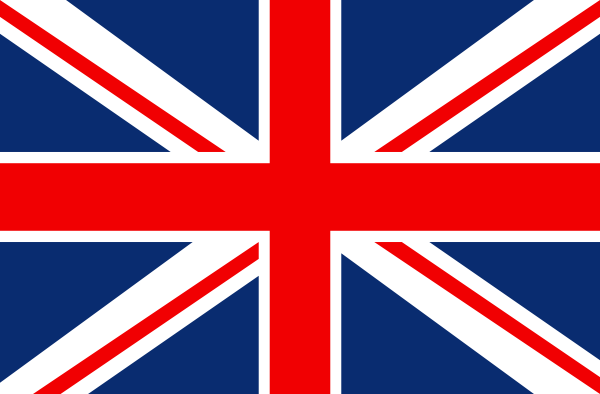
 THE BRITS: A VIEW FROM THE INSIDE
THE BRITS: A VIEW FROM THE INSIDE
Rhian Jones
 The BRIT Awards, from an insider’s perspective, squabbles over who was the biggest winner Wednesday night at the O2 Arena and included a few questionable victories.
The BRIT Awards, from an insider’s perspective, squabbles over who was the biggest winner Wednesday night at the O2 Arena and included a few questionable victories.
Of the big awards handed out on the night, Universal had four and a half thanks to two big wins for The 1975 (shared with their label Dirty Hit) and success in the international categories with Ariana Grande, Drake and half a win for The Carters. Add in Critics’ Choice winner Sam Fender — announced earlier in December — and its tally rises to five and a half.
Sony enjoyed four wins for homegrown talent George Ezra, Tom Walker, Little Mix, half for British Single by Calvin Harris and Dua Lipa, and another half for The Carters.( Last year, Warner took six of the 11 trophies and the year prior, Sony rolled out with seven, adding two more in total for Critics' Choice and BRIT Icon.)
The confusion over who had the best night lies in the Outstanding Contribution to Music win for Sony act P!nk, and a Producer gong for Harris—an award that isn’t usually part of the ceremony. Perhaps it was included because, surprisingly, this year was the first time he won after years of nominations. Count those two in the mix and Sony’s tally rises to six. It’s interesting that Sony includes Female Solo Artist winner Jorja Smith within its list of winners—an artist who, while being distributed by The Orchard, has famously eschewed a major label deal. It’s safest to say that both majors did rather well.
After a clean sweep last year, Warner had a quiet one with Ed Sheeran the recipient of Global Success for the second year running, and Lipa taking half for British Single.
So, any surprises? Jorja Smith or Anne-Marie would have been better suited to British Breakthrough, while Florence and the Machine is arguably a more deserving winner for British Female after releasing her fourth top-selling album last year. Walker as Breakthrough Artist is an interesting one, having not yet released his debut album. Which begs the question, what classifies a “breakthrough” act in 2019?
In terms of the ceremony itself, it wasn’t one to remember. The big winners of the night, The 1975, played the wrong song — the downbeat “Sincerity is Scary” when they could have smashed it with “Love It If We Made It.” Frontman Matt Healy gave the most politically charged speech of the night off the back of the Ryan Adams revelations, referencing an article by Guardian journalist Laura Snapes, who wrote, “male misogynist acts are examined for nuance and defended as traits of difficult artists while women and those who call them out are treated as hysterics who don’t understand art." Apart from that, the speeches were vanilla.
A clunky collab between Harris, Lipa, Sam Smith and Rag’n’Bone Man wasn’t particularly captivating—at least from the arena floor—and the show opener from Hugh Jackman of The Greatest Showman was reflective of the soundtrack’s mass consumption, but not the best of the British music scene. Last year wasn’t particularly eventful, so perhaps it’s no surprise that the BRITs ceremony wasn’t either.
But how many times have the same U.K. artists graced the BRITs stage? Here’s an idea: After making a pledge to showcase a bigger range of diverse talent, organisers could have used the opportunity to instead give a platform to a number of up-andcomer — Ella Mai, Slowthai, Mabel, IDLES. If the rules over release strategy, breakthrough artists, and what classifies an album are bending, the BRITs might have a chance of remaining significant by thinking outside of a very rigid box, too.







Privacy Policy - Terms and Conditions
| Site Powered by | |






